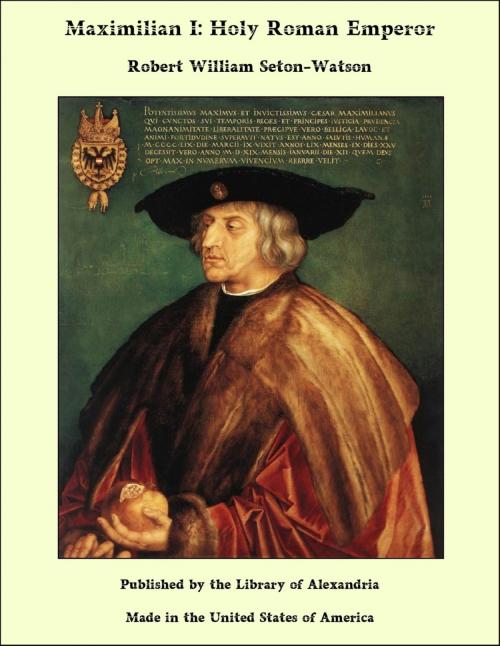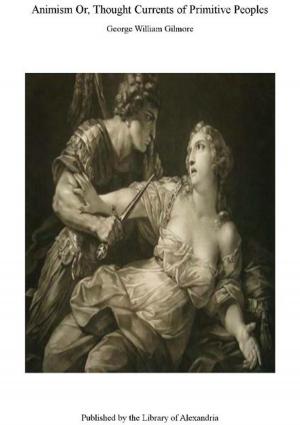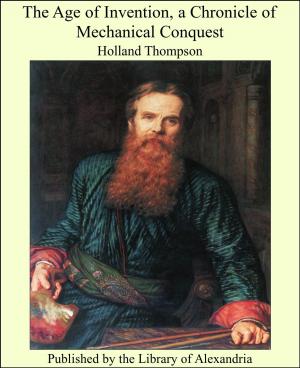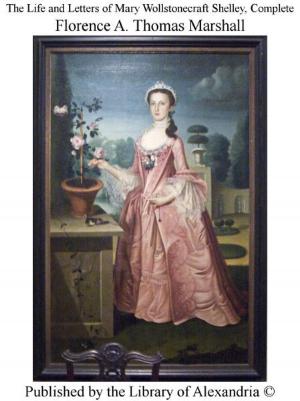Maximilian I: Holy Roman Emperor
Nonfiction, Religion & Spirituality, New Age, History, Fiction & Literature| Author: | Robert William Seton-Watson | ISBN: | 9781465624468 |
| Publisher: | Library of Alexandria | Publication: | March 8, 2015 |
| Imprint: | Language: | English |
| Author: | Robert William Seton-Watson |
| ISBN: | 9781465624468 |
| Publisher: | Library of Alexandria |
| Publication: | March 8, 2015 |
| Imprint: | |
| Language: | English |
There is a peculiar difficulty in bridging over long periods of history, and in clearing our minds of the habits and prejudices of to-day, before we criticize characters and events which belong to distant periods and other lands. This difficulty, in spite of the strange charm which encourages us to surmount it, makes itself all the more felt in a Transition Period, such as the close of the fifteenth, and the dawn of the sixteenth century. The breath of new ideas is in the air. "The old order changeth, yielding place to new," but the old dreams are not yet banished from the imagination, and the old ideals have not yet wholly lost their power. Change is everywhere apparent, consummation is still a dream of the far-distant future. To those who look for a figure typical of the age, Maximilian stands forth pre-eminent. Heir to all the splendid traditions of the Caesars and the later glories of the Saxon and Franconian Emperors, he filled the highest position of Germany, not in an attitude of indifference or aloofness, but devoting all his energies and sympathies to every movement or aspiration of his time. His actual achievements in the hard concrete of facts are, from a national point of view, but small; but these are more than balanced by his activity in other and more abstract directions. It is in his relations to the budding thought of modern life that we can feel the real charm and fascination of Maximilian's character. For his was a nature which could never rest satisfied with the past, and aspired to ends which only the far distant future was destined to attain. Maximilian cannot fairly be judged solely from an historical standpoint; from this a judgment in the main unfavourable would be difficult to avoid. For his task was to bridge over a necessary period of transition—to check the perils of innovation, to employ political expedients which could not, from their very nature, stand the shock of later developments, and to make shift with materials and resources which were soon to be altered or replaced. Hence his achievements, though of very real value to his own age, have left but few traces visible to modern eyes. The Southern temperament which he inherited from his mother often drove him into foolhardy adventures, from which he only extricated himself with a loss of dignity. But the questionable results of his headlong enthusiasms are atoned for by the noble ideals which prompted them; and the very traits which were disastrous to his political career have earned for him his truest claims to greatness.
There is a peculiar difficulty in bridging over long periods of history, and in clearing our minds of the habits and prejudices of to-day, before we criticize characters and events which belong to distant periods and other lands. This difficulty, in spite of the strange charm which encourages us to surmount it, makes itself all the more felt in a Transition Period, such as the close of the fifteenth, and the dawn of the sixteenth century. The breath of new ideas is in the air. "The old order changeth, yielding place to new," but the old dreams are not yet banished from the imagination, and the old ideals have not yet wholly lost their power. Change is everywhere apparent, consummation is still a dream of the far-distant future. To those who look for a figure typical of the age, Maximilian stands forth pre-eminent. Heir to all the splendid traditions of the Caesars and the later glories of the Saxon and Franconian Emperors, he filled the highest position of Germany, not in an attitude of indifference or aloofness, but devoting all his energies and sympathies to every movement or aspiration of his time. His actual achievements in the hard concrete of facts are, from a national point of view, but small; but these are more than balanced by his activity in other and more abstract directions. It is in his relations to the budding thought of modern life that we can feel the real charm and fascination of Maximilian's character. For his was a nature which could never rest satisfied with the past, and aspired to ends which only the far distant future was destined to attain. Maximilian cannot fairly be judged solely from an historical standpoint; from this a judgment in the main unfavourable would be difficult to avoid. For his task was to bridge over a necessary period of transition—to check the perils of innovation, to employ political expedients which could not, from their very nature, stand the shock of later developments, and to make shift with materials and resources which were soon to be altered or replaced. Hence his achievements, though of very real value to his own age, have left but few traces visible to modern eyes. The Southern temperament which he inherited from his mother often drove him into foolhardy adventures, from which he only extricated himself with a loss of dignity. But the questionable results of his headlong enthusiasms are atoned for by the noble ideals which prompted them; and the very traits which were disastrous to his political career have earned for him his truest claims to greatness.















